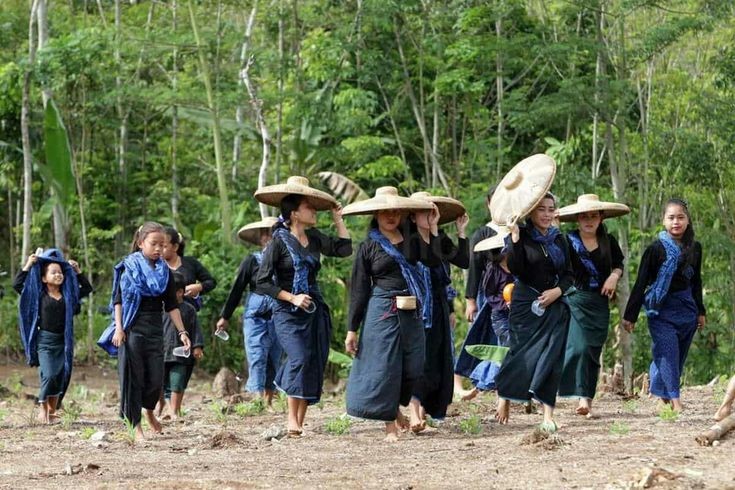

Sumber: id.pinterest.com
The Baduy Luar community, known for its adherence to Baduy customs, is currently facing the complexities of modernity while maintaining its cultural identity. This community, located in Banten Province, is linked to the history of the Baduy. The Baduy Luar people are actively negotiating and transforming to sustain their community life. In the context of customary religion, the Baduy Luar’s engagement with modern elements and their transformation is actually an expression of their worldview, rather than a disregard for tradition.
This was conveyed by Iis Badriatul Munawaroh during the Wednesday Forum organized by the Religious and Cross-Cultural Studies Program, or Center for Religious and Cross-Cultural Studies (CRCS), Graduate School, Gadjah Mada University (UGM) on Wednesday (October 2nd) in Room 306, UGM Graduate School Building. This discussion forum is open to CRCS students. Iis is also an alumnus of CRCS who actively explores the intersection of tradition and modernity.
In her presentation, Iis stated that the transformation in Baduy Luar encompasses various dimensions of life, such as the economy, spirituality, health practices, education, technology, and daily routines. These changes are ongoing and represent a continuous process of adaptation. “I study the transformation of Baduy Luar not merely as an adaptation to modernity but as an active manifestation of their worldview and community development. This approach emphasizes the importance of education in fostering understanding of cultural diversity,” Iis explained.
According to Iis, the Baduy community aspires to maintain environmental balance and reflects their deep belief in harmony. Throughout their journey, the Baduy people continue to uphold the ancestral principles that govern all aspects of their lives while undergoing transformations to support and nurture their community.
This series of the Wednesday Forum concluded with a deeper understanding of the challenges faced by indigenous communities in preserving their cultural heritage while adapting to contemporary realities. The event also reinforced the idea that transformation does not equate to loss, but can pave the way to a more harmonious existence and equality. “By engaging in dialogue in educational spaces, I believe we can bridge diverse worldviews,” Iis concluded.
Author: Asti Rahmaningrum
Keywords: education, cultural diversity, community development, equality, SDG 4: Quality Education, SDG 5: Gender Equality, SDG 10: Reduced Inequalities, SDG 11: Sustainable Cities and Communities
